The Fight to Stop the “One Big Beautiful” Land Sell-Off
Say you’re heading out for that weekend camping trip to your favorite spot, maybe it’s where you first taught your kid to fish, or that trail where you go to clear your head after a rough week. You pull up to find a chain-link fence and a “PRIVATE PROPERTY” sign where the trailhead used to be.
Sound far-fetched? It’s not. Right now, buried in a massive budget bill that squeaked through the House by just one vote, there’s a plan to sell off millions of acres of the public lands we all grew up thinking would always be there.
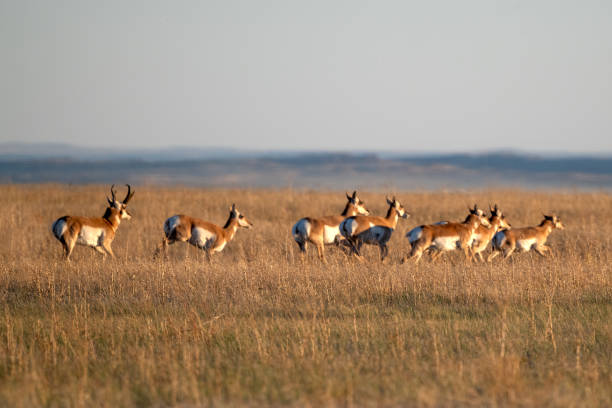
At dawn, pronghorn antelope stand alert on the sagebrush flats—part of the great migrations that now hang in the balance. In Minnesota’s Boundary Waters, loons call across morning mist as canoes glide through glassy lakes. Early sun gilds the pines around Lake Tahoe, where hikers lace their boots and anglers cast lines. Out West, elk and pronghorn thread ancient paths from Grand Teton into surrounding forests.
These are America’s public lands, the wild places woven into our identity, playgrounds and sanctuaries that feed our spirit. Now imagine a “For Sale” sign staked in that dawn-lit soil.
The Bill Nobody’s Talking About
They’re calling it the “One Big Beautiful Bill” and honestly, the name should have been our first red flag. This 300-page monster passed the House on May 22nd by a single vote, packed with everything from tax cuts to spending slashes. But tucked away in there, almost like an afterthought, is something that should have everyone who’s ever pitched a tent or cast a line absolutely furious.
The bill forces the Forest Service and Bureau of Land Management to sell up to 3.3 million acres by 2030. That’s just the appetizer. The way they’ve written the rules, over 250 million acres which is an area bigger than Texas that would eventually hit the auction block.
Think about that for a second. All those places where you’ve made memories, where your parents took you, where you’re planning to take your kids and they could be gone. Sold to whoever writes the biggest check.
In California alone, roughly 16 million acres could go on the auction block within five years and that includes public lands adjacent to Yosemite National Park, Lake Tahoe, Mount Shasta, and Big Sur. “They capped it at 3 million acres, but 258 million acres is on the menu,” warns Michael Carroll of The Wilderness Society.
It’s like I’m taking crazy pills: any public lands that aren’t protected by wilderness boundaries, national monuments, or national parks are on the auction block. Even places with special conservation status like Wilderness Study Areas, roadless forests, wildlife corridors are going to be fair game.
And here’s the really infuriating part—nobody asked us. There were no town halls, no public comment periods, no “Hey, what do you think about selling the places your family has been camping for generations?” This got slipped in at the last minute, in the dark, with about as much public input as you’d expect from a midnight infomercial.
House leaders actually removed an earlier land-sale provision after public outcry, but Utah Senator Mike Lee brought it back on steroids in the Senate. Even senators from affected states got blindsided. “I was shocked. That’s not the way government’s supposed to work,” said Sen. John Hickenlooper of Colorado.
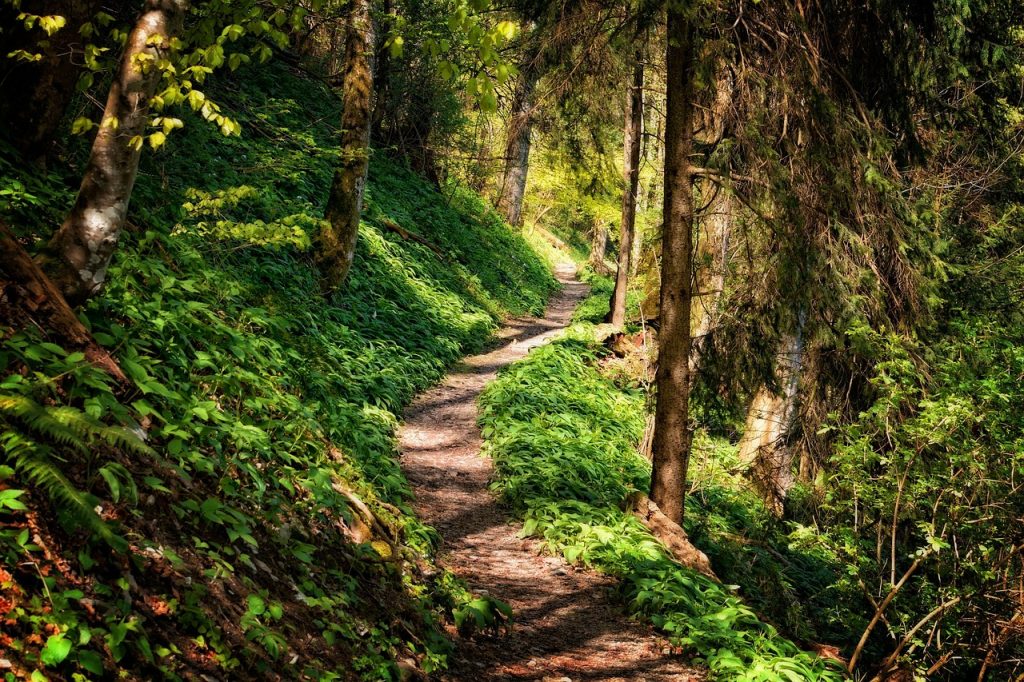
What We’re About to Lose
We’re talking about places that matter. Real places where real people go to remember what it feels like to be human.
The Boundary Waters in Minnesota might not be directly for sale, but the bill originally tried to reinstate copper mining leases on its doorstep which would be a nightmare scenario for America’s most-visited wilderness. Those sulfide-ore mines would threaten the pristine watershed that feeds Lake Superior and supports countless outdoor jobs.
Lake Tahoe and the Sierra Nevada: The alpine jewels of California are ringed by national forest marked for disposal. We’re not just talking pretty scenery here. These lands underpin entire economies. In Mammoth Lakes, outdoor recreation tourism contributes over 70% of the town’s general fund revenue. Selling off trails, trout streams, and campgrounds isn’t a theoretical threat but an existential one for mountain communities.
Grand Teton’s Wildlife Corridors: Grand Teton and Yellowstone aren’t themselves for sale, but they can’t survive in isolation. Wildlife doesn’t know park boundaries. The bill targets vast portions of Bridger-Teton National Forest that cradle Grand Teton’s borders which is a vital corridors for elk, pronghorn, bison, and grizzlies.
“Protected areas like national parks can’t function alone,” explains Jenny Fitzgerald of the Jackson Hole Conservation Alliance. Selling and subdividing this habitat would “fragment habitat and migration corridors…hurt pronghorn, bison, elk and other large mammals.” She’s blunt about the stakes: “I fear there would be no recovery from this.”
Cow Mountain in Northern California: This 50,000-acre BLM playground has been a haven for generations of off-roaders, hunters, hikers, and ranchers. It’s also part of the ancestral homelands of the Pomo Indians. Nearly a century ago Congress set it aside “for recreation, hunting and fishing.”
Now it’s on the Senate’s map of lands eligible for sale. The thought has ignited anger even in Trump country. “I’m not blindly following Mr. Trump on this,” says Allan Schrange, a lifelong off-roader and Republican voter who leads the Mendocino 4×4 Club. “If he does something that’s not right…I’m going to be the first to raise a stink about it.”
For the local community, Cow Mountain isn’t just dirt and trees, it’s a shared heritage of freedom that “belongs to everyone.”
The list goes on: Oregon’s Owyhee Canyonlands, New Mexico’s vast Otero Mesa, Colorado’s 14 million acres of potentially sellable land, Washington’s Snoqualmie Forest outside Seattle, and an eye-popping 82 million acres in Alaska.
Silencing the People Who Actually Use These Lands
One of the most infuriating aspects of this land grab is how deliberately it sidesteps everyone’s voice. Normally, major decisions about public lands would involve extensive environmental review, public comment, input from local officials, and consultation with Indigenous tribes.
OBBB throws that out the window.
The bill explicitly includes “rollbacks to public input and environmental safeguards” and even ways for industry to “pay to expedite environmental reviews, bypass judicial review, or avoid public input.” In plainer terms: we the people might wake up to find our local mountains and forests sold without ever having a say and our ability to challenge the sale in court could be stripped away.
Perhaps nowhere is the lack of voice more painful than for Indigenous tribes. Many of these lands are ancestral territories with deep cultural significance. Yet tribal consultation has been glaringly absent.
“We’ve always had to literally fight with this government,” says Jesse Gonzalez, vice-chair of the Scotts Valley Band of Pomo Indians. “We’re not of the mindset that ‘they would never do that.’ We’re of the mindset: ‘Get ready, because they might.'” If Cow Mountain were sold, he warns, “it would be another page in a long history of dispossession.”
Even Republicans are balking at this secretive approach. Rep. Kevin Kiley (R-CA) broke ranks to oppose the land sales, insisting “The communities most affected by our decisions must be willing partners.” Rep. Jared Huffman (D-CA) called the Senate scheme a “vulture capitalist’s playbook” that would “shut people out, threaten wildlife and ecosystems, and hand over decisions about land use to private developers with zero accountability to the public.”
More Than Just Pretty Views
This isn’t just about losing nice places for Instagram photos. These lands are working parts of our world—where our water comes from, where wildlife lives and moves, where a $1.2 trillion outdoor economy keeps small towns alive from coast to coast.
When you break up these big chunks of connected land, you don’t just lose hiking trails. You lose the whole system that keeps the West’s water flowing, that lets animals migrate with the seasons, that gives places like Moab and Mammoth Lakes a reason to exist.
Biologist Gregg Servheen puts it starkly: “Grizzly bears, wolverines, mountain lions, migrating pronghorn, vast herds of elk—all depend on these habitats.” If chunks are sold and developed, “there’s no migrating back. Species will be squeezed into ever smaller islands of protection.”
Think about water too. Public lands often protect headwaters and watersheds. The forests above Lake Tahoe filter and regulate the water that flows into that famously clear lake. Pave those slopes with vacation homes or let mining companies in, and you get erosion, pollution, and disrupted water supply.
Selling off public lands could also worsen wildfire risks. Federal agencies manage forests for fire prevention through coordinated treatments across large landscapes. If lands get chopped up into private parcels, that coordination becomes impossible. And here’s the cruel irony: a recent study found only a tiny fraction of public lands near towns are actually suitable for housing—and those that are often carry high wildfire risk.
The Housing Lie
Supporters want you to believe this is about affordable housing. They argue that fast-growing Western communities are hemmed in by federal lands, limiting space for new homes and driving up prices.
It’s a nice story. Too bad it’s mostly bull.
Much of the targeted land is nowhere near existing towns or lacks the water, roads, and utilities needed for development. That independent study? It found less than 2% of Western public lands near communities are truly suitable for housing projects.
Even in places with severe housing shortages like Jackson, Wyoming, near Grand Teton. The local leaders aren’t buying what D.C. is selling. They know the issue isn’t lack of land; it’s the astronomical cost of building in resort regions and the flood of wealthy second-home buyers.
Teton County officials bluntly stated that the Senate’s land sell-off would likely produce “luxury homes, not affordable housing,” and worsen the shortage for workers. You can’t build affordable communities by destroying the very lands that make those communities special.
The “housing only” constraint is also temporary and porous. After 10 years, if land hasn’t been developed for housing, all bets are off and the new owner can do anything they want. A corporation could buy land under the pretense of building affordable homes, sit on it for a decade, then flip it for a shopping mall, casino, or drilling operation.
The affordable housing pitch is a fig leaf; a convenient talking point to mask what’s fundamentally a politically motivated liquidation of public assets. OBBB isn’t primarily a housing bill; it’s a budget reconciliation bill aimed at funding tax cuts. The land sale is there to raise an estimated $5-10 billion. Really a drop in the federal budget bucket, but enough to dangle as a carrot.
A Dangerous Precedent
Maybe the scariest part isn’t what this bill would do immediately, but what it signals for the future. It sets a precedent that Congress can view America’s public lands as a mere commodity and a stockpile to be liquidated whenever money is needed for unrelated political goals.
For over a century, leaders of both parties largely agreed that national forests, parks, and refuges should remain in public hands. OBBB threatens to upend that consensus and open the floodgates.
Today it might be “only” 2-3 million acres to pay for tax cuts. But tomorrow? Whenever Congress faces a budget crunch, will they just auction off another few million acres?
“It sets an extremely dangerous precedent that members of Congress can simply liquidate our public lands to fund their pet projects,” warns Nik Kohomban of The Wilderness Society.
This transforms public lands from multi-value assets into a simplistic line item: X acres = Y dollars. That’s how a CEO views land but it’s never been how Americans collectively view our shared inheritance.
There’s a practical reason Teddy Roosevelt championed public ownership: it ensures local control and public benefit. If you dislike how federal agencies manage a forest, you can lobby for change because it’s your land. If that forest is sold to Saudi Arabia or a Wall Street trust, local input is gone forever.
We’re also talking about this at the worst possible moment. When scientists plead for more intact landscapes to absorb carbon and give species room to adapt, this bill swings a wrecking ball at land conservation. It reflects what Outdoor Alliance calls an “impoverished vision,” seeing forests and mountains “as little more than coal pits and commodity stockpiles.”
Fighting Back
The good news? People are fighting back, and we’re already winning battles.
The House originally stripped out land-sale provisions after public pressure and proved that when people know what’s happening and get angry, lawmakers listen. From conservation groups and tribal nations to rural conservatives and outdoor businesses, an unlikely coalition is rising up.
Here’s what you can do:
Spread the word. This proposal was designed to fly under the radar. Don’t let it. Share with your fellow hikers, hunters, anglers, neighbors. Many still have no idea Congress is considering selling 3 million acres of our land. Make “Public Lands Are Not for Sale” a rallying cry.
Call your senators. Demand they remove the land-sale provision. One of the easiest ways to do this is through the 5 Calls app, which helps you contact your elected officials quickly with call scripts and local phone numbers.
Make it clear this isn’t partisan. If you’re a conservative hunter or angler, let your Republican representatives know you consider this a betrayal of America’s heritage. Republican Congressman Blake Moore said he “will not support using public lands as a pay-for and our lands are not a piggy bank.” That message needs to echo from voices of all stripes.
Local businesses, speak up. If you run a rafting company, ski lodge, gear shop, or brewery in a gateway town that you’re the economic stakeholder here. The outdoor recreation industry generates more jobs than oil, gas, and mining combined, and it relies on intact public lands.
Be prepared to show up. Attend your representatives’ meetings. Rally at state capitols. A few years back, when a previous land-sale proposal surfaced, hundreds of sportsmen in hunting camo and hikers in Patagonia jackets protested side by side and Congress swiftly backed down.
As Todd Tanner, a lifelong hunter and outdoor writer, puts it: “No hunter or angler worthy of the name should ever support a politician who is trying to steal our public lands from us.”
The clock is ticking, but hope isn’t lost. As one outraged public lands user said, “When someone turns on you, or attacks you, you fight back.” This bill is an attack on the very idea of America’s public commons.
These lands are our inheritance, our backbone, our birthright and they are not for sale.
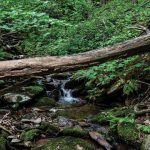
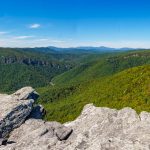
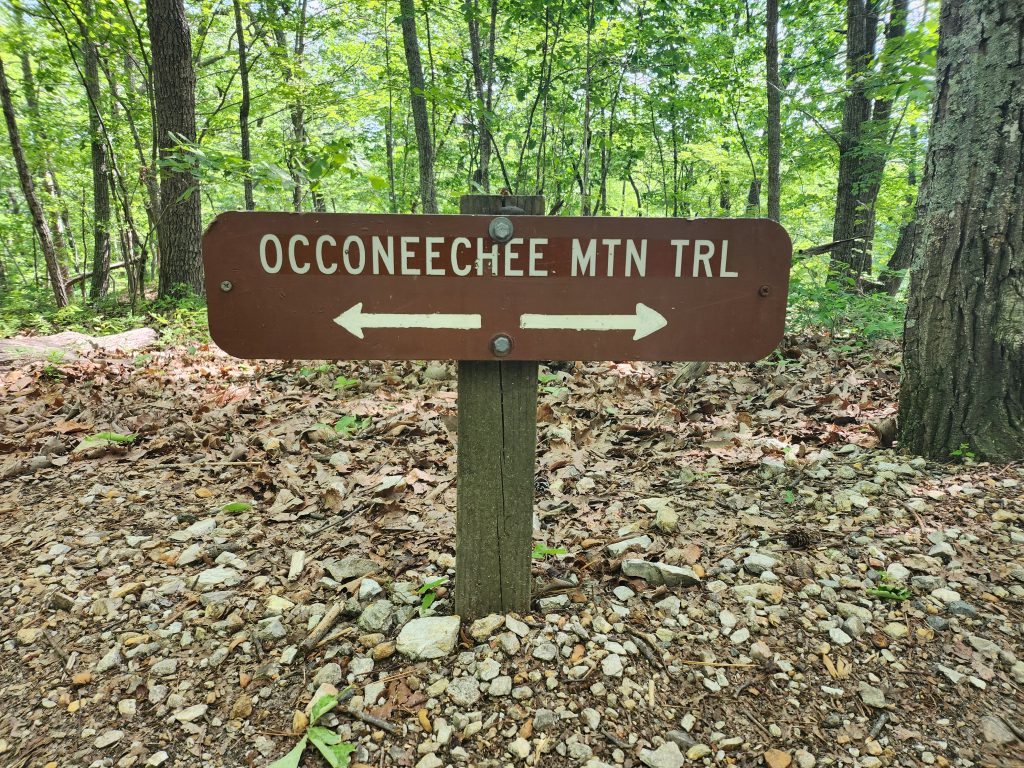
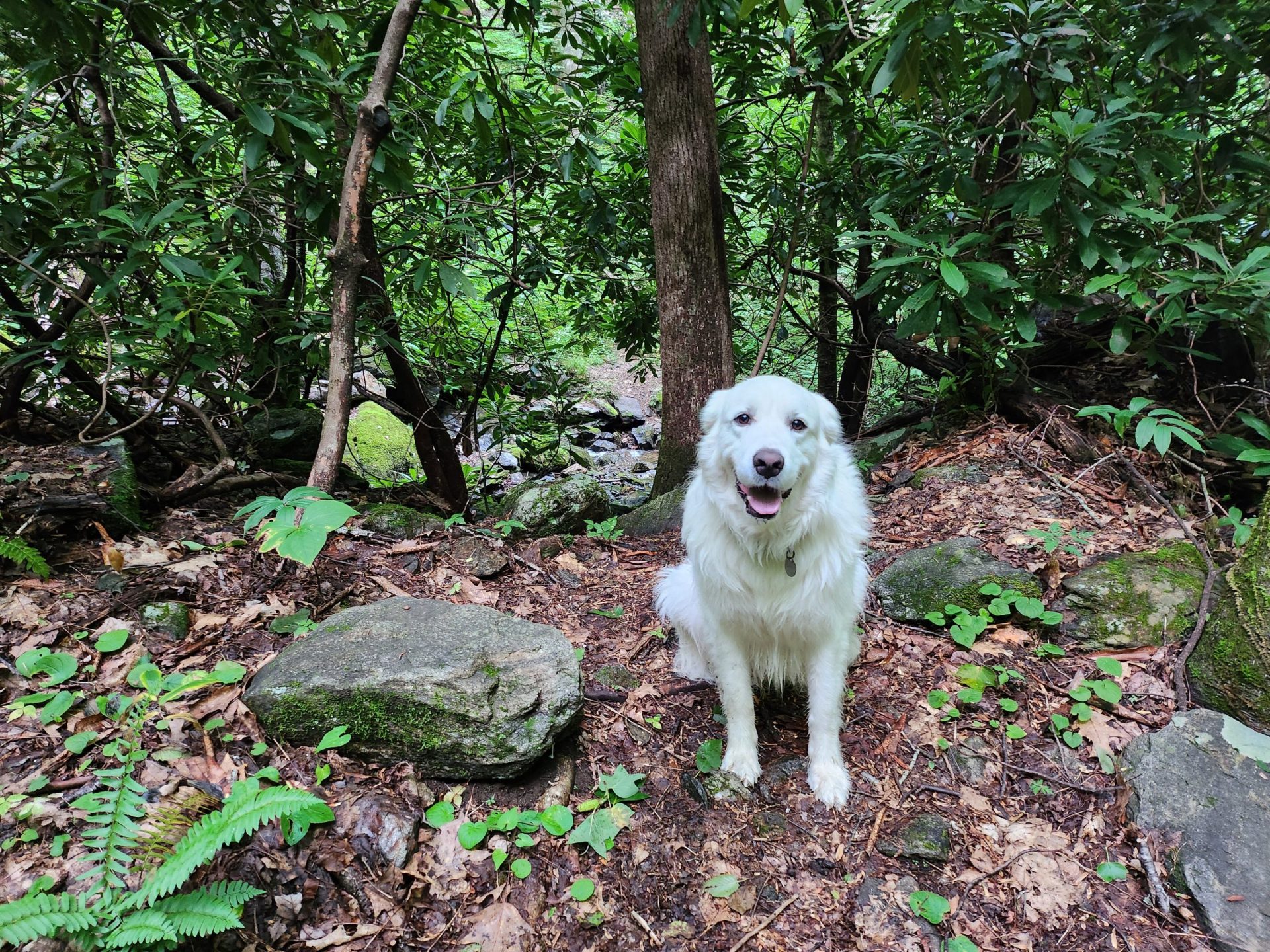
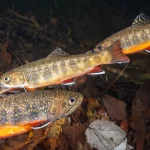
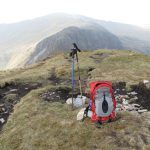
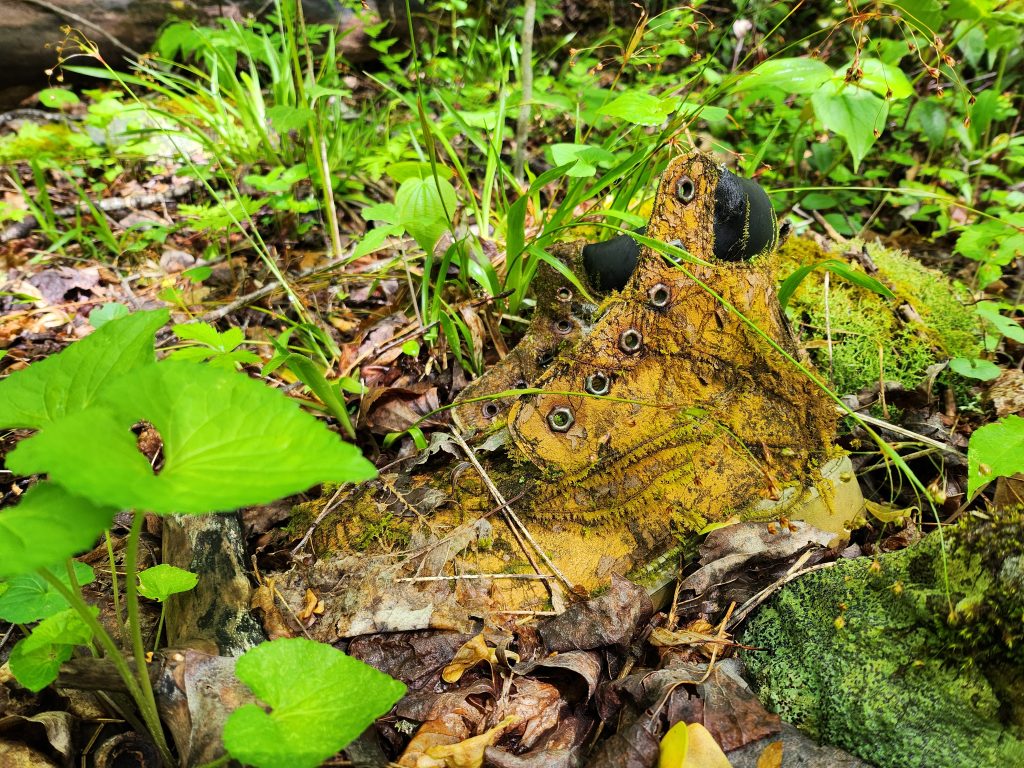

Leave a Reply